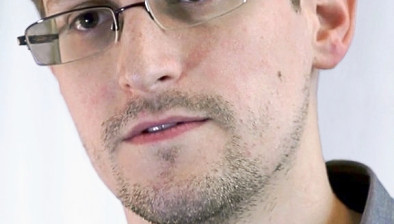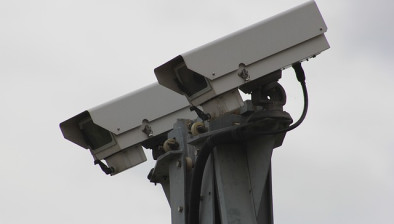South Africa: High Court rules bulk interception is unlawful

Bulk interception by the South African National Communications Centre is unlawful and invalid, the High Court in Pretoria has ruled in a historic judgment.
The case was brought by two applicants, the amaBhungane Centre for Investigative Journalism and journalist Stephen Patrick Sole, after learning that state spies had been recording journalist Sam Sole’s phone communications for at least six months in 2008.
The applicants challenged the constitutionality of certain sections of the regulatory framework of South Africa. Specifically, they argued that the Regulation of Interception of Communications Act of 2002 (RICA) and the National Strategic Intelligence Act 39 of 1994 (NSIA) violate the right to privacy and the court should therefore declare them unconstitutional.
Privacy International together with the Right2Know intervened in the case as friends of the court.
The High court concluded that such intrusive powers could not be read into other provisions or be construed as implied by the law. Such powers must be explicitly stated in law so they can be considered and debated.
The court was not persuaded by the South African intelligence authorities’ plea that other states have similar practices.
It stated: “Our law demands such clarity, especially when the claimed power is so demonstrably at odds with the constitutional norm that guarantees privacy.”
The High Court also refuted any claims that South African bulk interception concerned only communications coming from outside South Africa.
“It is common cause that this form of monitoring would also capture communications between two South Africans, both of whom are in South Africa, if the signal passes through a server located outside South Africa.”
It was not necessary for the court to decide whether a law permitting bulk interception would be constitutionally compliant, as it concluded that there was no such law to begin with.
However, the court made it clear that it would not automatically accept the constitutionality of any such law, declaring that the need for clarity was especially acute “when the claimed power is so demonstrably at odds with the constitutional norm that guarantees privacy”.







